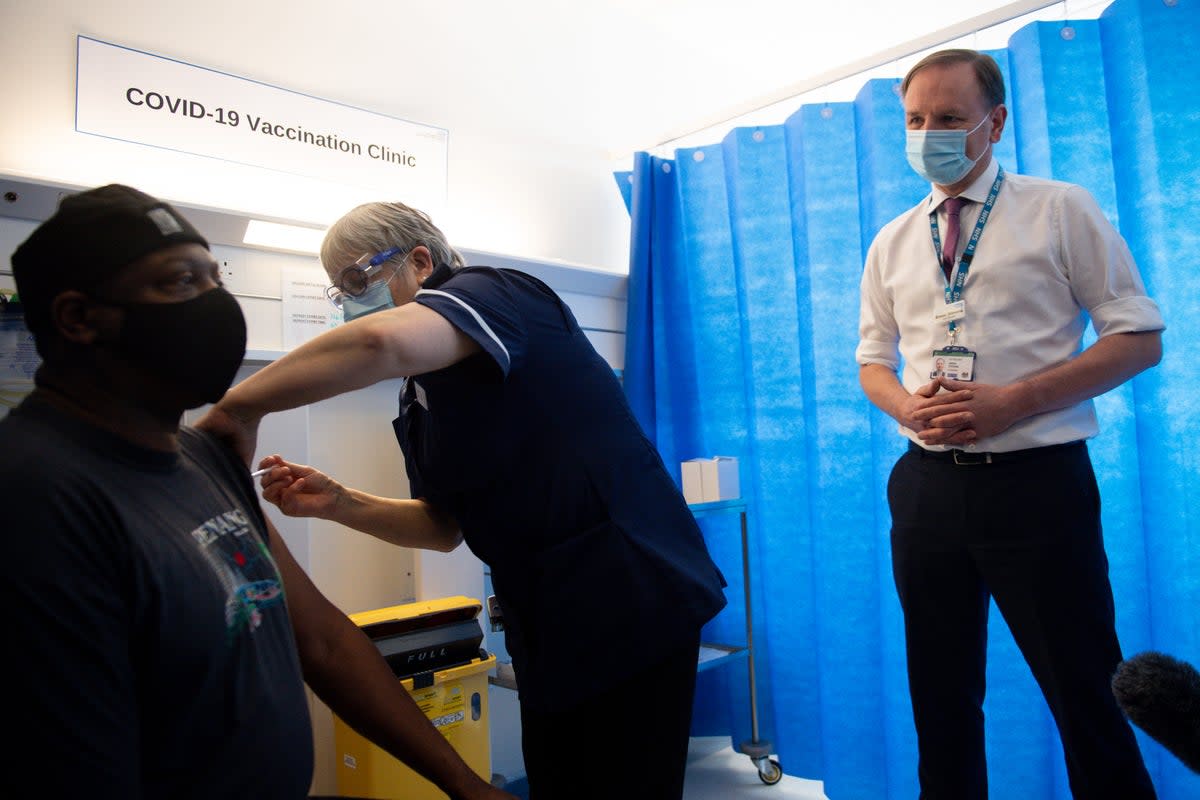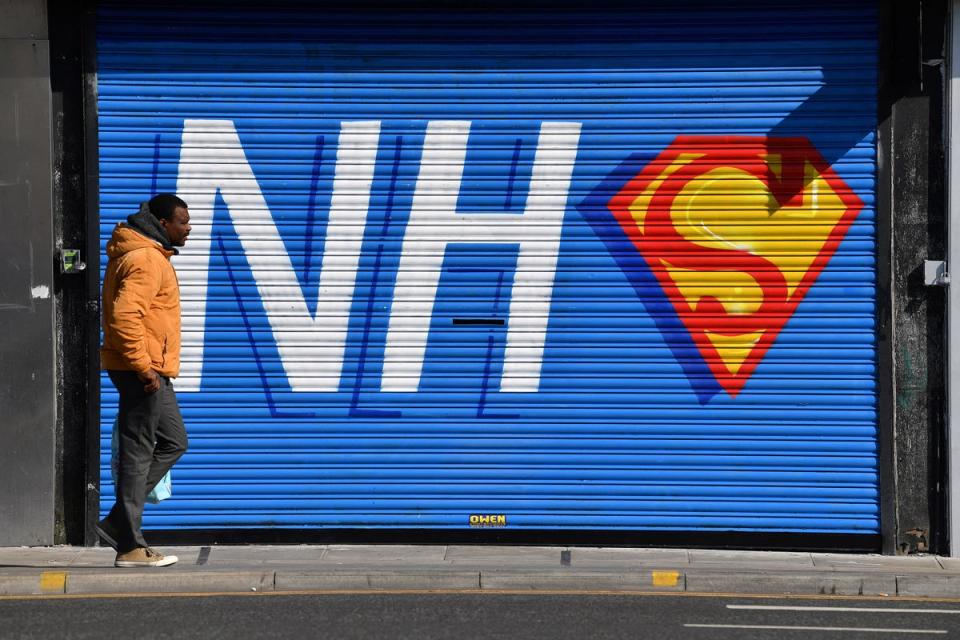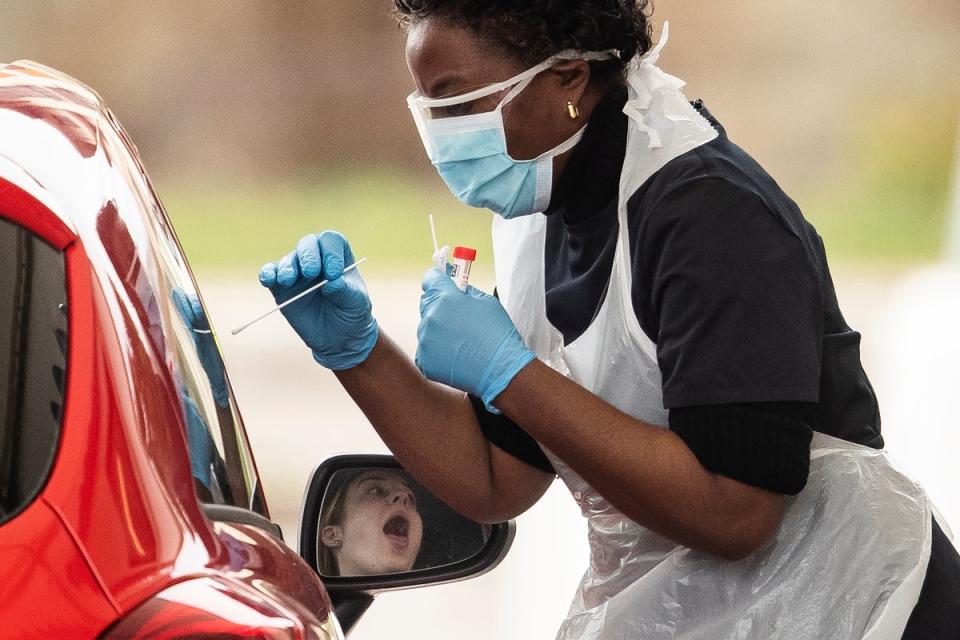‘Investigate racism in Covid-19 inquiry,’ bereaved families urge government

Bereaved families are calling upon the government to investigate structural racism as part of the Covid-19 inquiry.
The voices of communities disproportionately affected by the pandemic should be centred in the inquiry, a letter to chair Baroness Hallet reads.
Co-ordinated by Covid-19 Bereaved Families for Justice and the Runnymede Trust, the document further highlights that unequal health outcomes are not confined to the pandemic and that long-standing racial and economic inequalities are “at the heart of understanding the disparities in mortality rates from Covid-19”.
“Covid-19 is not just a health crisis; it’s also a social and economic crisis. The ability to cope, to protect and to shield oneself from the virus varies vastly for people from different ethnic and socioeconomic backgrounds,” the letter reads.
The move follows an announcement that structural racism will not be explicitly considered during the inquiry’s ‘pandemic preparation’ module which started in October, despite multiple requests for the inquiry to interrogate why Black and minority ethnic people disproportionately contracted and died from Covid-19.
Signed by dozens of organisations including new UK civil rights charity Black Equity Organisation, Jewish Council for Racial Equality, Traveller Movement, Windrush National Organisation, Black Men 4 Change and Council of Somali Organisations, the signatories expressed disappointment with the exclusion of minoritised communities from the inquiry’s recent listening exercise.

Jean Adamson, spokesperson for the Covid-19 Bereaved Families for Justice Campaign said: “If the Covid Inquiry is serious about understanding what went wrong during the pandemic and learning lessons to protect lives in the future, then understanding why the death toll was significantly higher amongst the Black and minority ethnic community and listening to the bereaved has to be a priority. Sadly, the inquiry is running scared of doing either of those.
“After losing my Dad to Covid-19, I put my heart and soul into campaigning for the Covid Inquiry, in the hope that it would prevent other families from going through the pain that mine have. If the inquiry is going to have a meaningful impact, it needs to listen to families like mine and learn from what happened to us, even if it finds that uncomfortable.”
The inquiry was announced in May 2021 by the then prime minister Boris Johnson, focusing on why the UK suffered Europe’s worst death toll and one of the world’s deepest economic slumps. Around this time, the government itself recognised that being from a minority ethnic background was a risk factor for contracting Covid-19.
Fresh data from the Office for National Statistics (ONS) outlining Covid-19 mortality rates by ethnicity shows that, despite the gap closing in recent months, almost all minority ethnic groups died disproportionately from the virus.

From Jan 2020 - November 2022, the death rate was 3.1 times greater for Bangladeshi men than that of White British men, followed by Pakistani men (2.3 times) and Black Caribbean men (1.8 times).
Meanwhile, the rate for Bangladeshi women was 2.4 times greater than for White British women, followed by Pakistani women (2.1 times) and Gypsy or Irish Traveller women (1.8 times). For Black Caribbean women, the mortality rate was 1.5 times greater than for White British women.
Mandeer Kataria, Interim Senior Policy Manager at the Runnymede Trust said: “The role that structural racism played, and continues to play, in determining which communities were hit first and hardest by the pandemic is abundantly clear.
“We, of course, welcome that the Covid-19 Inquiry saw fit to include protected characteristics in its terms of reference after backlash from bereaved families and civil society organisations, but we also know that not everyone with protected characteristics experienced the pandemic in a universal way.
Ms Kataria added: “Any inquiry which seeks to learn lessons from how the pandemic was handled must thoroughly evaluate the role of structural racism to ensure we are able to mitigate against such a devastating outcome in the future.”
The government has been approached for comment.

 Yahoo News
Yahoo News 
